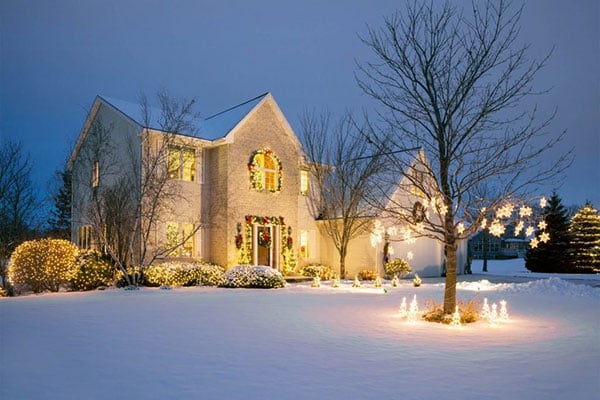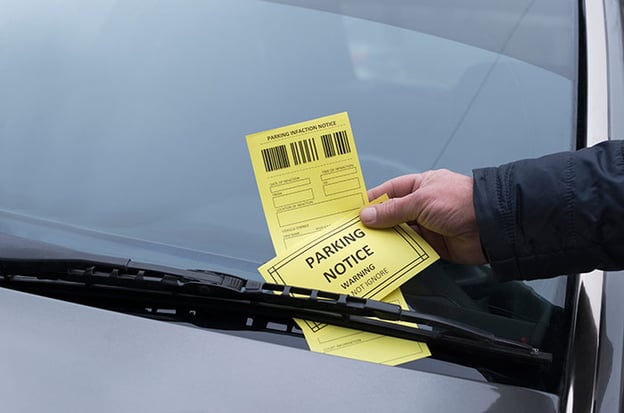Sure, you may own your home, but it’s likely that there’s a community association or Management Company that calls the shots. More often than not, the purchase of a home, townhouse, or condo means that you’re automatically a member of an HOA.
In the US, about 20 percent of property owners live in a community governed by a condo, homeowners association, or co-op, according to the Community Associations Institute (CAI). The number of communities covered by an HOA has grown to more than 333,000 today- up from about 10,000 in 1970!
Most community associations come with rules determining everything from the number and type of pets you can own, types of vehicles you keep in your driveway, what color you can paint your front door, and how often you must mow your lawn. Some communities have amenities such as pools, clubhouses, golf courses, and more. Others provide services such as road or lawn maintenance.
The associations are normally set up by the community developers and then turned over to a volunteer board of homeowners once the units in the development are sold. These volunteers are responsible for making sure facilities are maintained, collecting dues, and enforcing rules. Sometimes, depending on the decisions of the residents and volunteers, the board is turned over to a Homeowners Association management company, such as RealManage, who handles managing budgets, keeping residents satisfied and informed, and building a strong sense of community.
However, not everyone involved with a homeowners association is happy about it. Stories of homeowners associations denying permission for kids with cancer to build a playhouse in their yard, or veterans to fly a flag on the wrong type of pole often steal news headlines. Even so, statistics show that about 64% of residents are satisfied with their HOA, while 26% are neutral, and about 10% are dissatisfied. The same survey shows that about a quarter of residents have had a significant disagreement with their HOA, with landscaping and parking being the most common issues, followed by financial and architectural issues.
Whether you agree or disagree with the rules of a homeowners association, the rules are designed to protect property values. However, only 70 percent of respondents in a study believe that to be true, and 26 percent do not. There are often disagreements over which rules are required to protect property values and the resulting conflicts can cost residents a lot of time and money if handled improperly.
One major challenge that HOA’s face is that volunteer board members with no previous property management experience are in charge with maintaining hundreds of thousands of dollars worth of property. About two thirds of associations hire professional managers, but the rest are managed by the residents themselves. Communities and their residents are dependent upon the skills and personalities that the residents and board members bring to the table. Some people are better than others at working with their neighbors, while board members with poor people skills can create problems for everyone.
Experts say that communication and transparency are two of the most important traits to a good HOA. Be very clear about where the money goes, welcome residents, and hold board meetings to share information about how decisions are made. These gestures will go a long way toward building a trustful, harmonious community.




